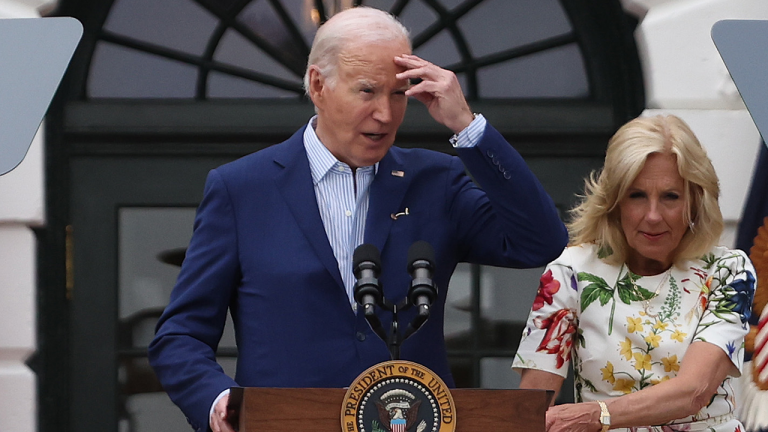John Curtis wins primary to replace Sen. Mitt Romney in Utah.
John Curtis emerged victorious in Tuesday night’s primary challenge in Utah, paving the way for a potential bid to replace the retiring moderate Republican Sen. Mitt Romney. With 52% of the vote, Curtis secured his lead when the Associated Press officially announced his victory.
The next hurdle for Curtis is the November general election where he will face off against Democratic nominee Caroline Gleich. It’s worth noting that Utah has not elected a Democrat to the U.S. Senate since 1970, making Curtis’ win even more significant.
Runner-up candidate Trent Staggs secured 28.2% of the votes, making it a competitive race between him and Curtis. Staggs garnered support by personally reaching out to delegates and gaining endorsements from former President Trump and his allies nationwide. In fact, Trump himself praised Staggs on his Truth Social platform, dubbing him a “100% MAGA” candidate with a focus on tackling economic issues and border security.
Staggs was the first to throw his hat in the ring for the Senate race, even before Romney announced his retirement from politics.
Notably, Sen. Mitt Romney recently declared that he would not be backing former President Trump in his potential presidential run, citing differences in character as the primary reason for his decision.
On the flip side, Rep. John Curtis, R-Utah, stands as the longest-serving congressman in Utah’s House delegation and posed as a counterbalance to the Trump-endorsed Staggs. With a background as the former mayor of Provo, Curtis, aged 63, entered Congress in 2017 by winning a special election and has since secured re-election with significant margins.
Curtis, much like Romney, has refrained from endorsing Trump for president, aligning him with the sentiments of Romney’s core supporters. Additionally, he holds moderate views on issues such as climate change, which distinguishes him from the more conservative wing of the Republican party.
Another notable contender, former state House Speaker Brad Wilson, despite injecting $3 million into his campaign, lost out at the April state Republican convention to Staggs. Initially seen as a frontrunner, Wilson’s defeat reshaped the dynamics of the race. Similarly, candidate Jason Walton identified himself as a businessman akin to Trump, adding diversity to the field of candidates.
As the race progresses towards the general election, all eyes will be on John Curtis and his bid to potentially succeed Mitt Romney in the Senate. The road ahead is laden with challenges and opportunities, shaping the political landscape in Utah.








